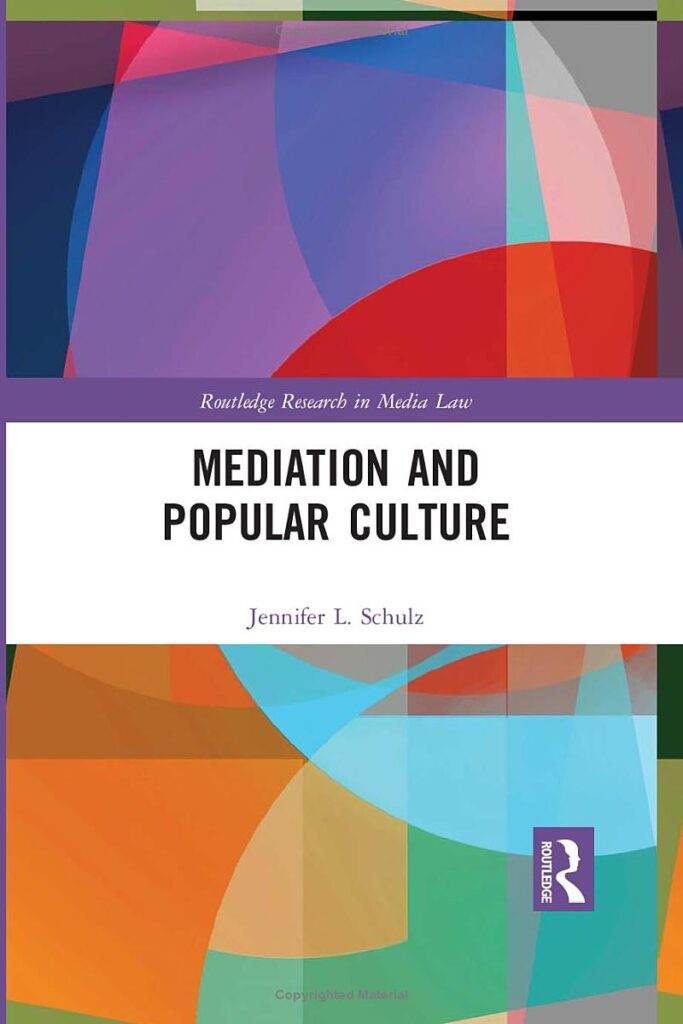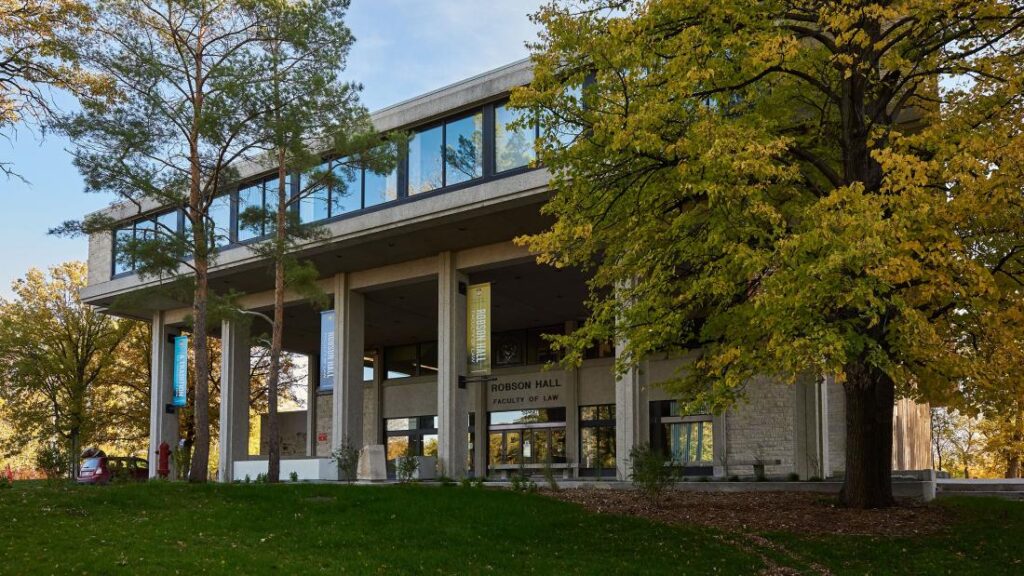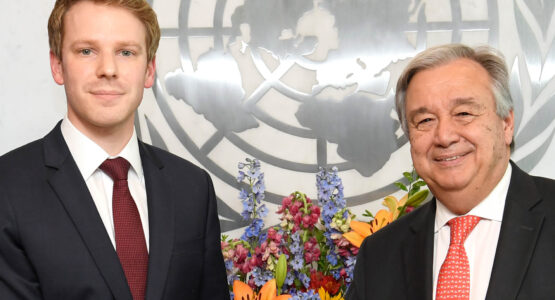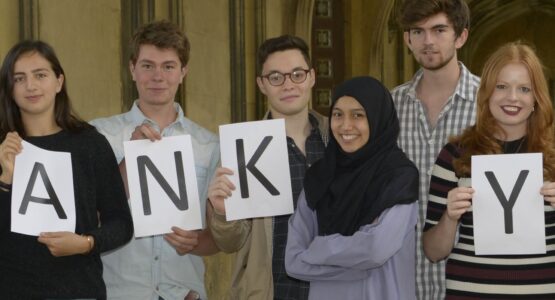Johnian magazine issue 53, autumn 2024
Career spotlight: Jennifer L Schulz
Jennifer L Schulz (1994) is Professor of Law at the University of Manitoba. Her research specialisms are mediation, dispute resolution and cultural legal studies. In this article she talks about her teaching career, her academic interests and the value of mediation.
Please give us a brief overview of your academic and career background.
I have been privileged to alternate my two career loves throughout my life. My first degree was in Anthropology and my second was a Law degree. Then I came to St John’s and was fortunate enough to be supervised by Dame Marilyn Strathern in my MPhil in Anthropology. Thereafter, I completed my doctorate in Law at the University of Toronto. I taught in Ontario universities for several years and then obtained my dream job in my home city of Winnipeg, where I am now a Professor of Law. I love my position and highly recommend a career in academia!

How does your MPhil in Anthropology help you in your career?
My Cambridge MPhil helps me constantly. My thesis focused on legal anthropology. This means I looked at law cross-culturally and considered the crucial impact that culture has on law and that law has on culture. The two are mutually constitutive and fascinating to study. This approach, begun in my MPhil, has been foundational to my academic career. Interdisciplinarity, culture and context are integral to my research methodologies, prominent in all my publications, and central to the courses I teach.
What courses do you teach at the University of Manitoba?

I teach Law and Popular Culture, Alternative Dispute Resolution (ADR) and Advanced Mediation. Law and Popular Culture is deeply influenced by cultural studies, which owes much to anthropological theory. ADR and Advanced Mediation are direct offshoots of my MPhil training. When we examine law anthropologically or cross-culturally, we see that peoples’ ways of resolving disputes are incredibly influenced by culture. We also see that mediation has been around for millennia, whereas the common law, especially in Canada, is a relatively recent development. Today, mediation is the fastest growing form of dispute resolution for all types of legal disputes.
In Canada, our courts are finally starting to implement the insights of Indigenous legal orders, which have long taught the benefits of not just speaking, but listening to understand; not just punishing, but attempting to restore relationships and community. Indigenous, Inuit and Métis mediative approaches are improving Canadian criminal law. We see this predominantly in sentencing, but also in diversionary measures. For example, Canadian courts in the North use sentencing circles. Sentencing circles are derived from Indigenous healing circles and are a much more holistic way of dealing with victims and offenders. In sentencing circles, the victim, the offender, their families, support people and any affected community members join the judge, Crown Attorney and defence lawyer in the circle. Each gets an uninterrupted opportunity to speak, and at the end the circle comes up with a recommended sentence and support plan for the offender and victim that the judge formalises. In diversionary programmes across Canada, first-time and young offenders can sometimes avoid incarceration and a criminal record if they actively and honestly participate in mediation with victims who are willing to participate. The victims appreciate explaining how the crime impacted them and seeing the young offender take responsibility. Victims value having influence over what happens to the offender, and offenders report that having to confront their victims and address their wrongdoing has life-changing effects.
What do you tell your students about good mediation?
I tell my students that good mediation is based upon respect and rapport. If the parties do not respect the mediator and feel safe in the session, the mediator will not be able to facilitate resolution of the dispute. I also tell students that, while law stresses facts (and encourages lawyers to be dispassionate), mediation stresses feelings and therefore both are important for good lawyering and good mediation. Whether the disputants are divorcing spouses, industry giants or estranged neighbours, unless they feel like their situation has improved they will not think their mediation was successful or that their dispute has been resolved.

What are some of the main challenges with mediation?
Three immediately come to mind. The first is public awareness. Due to the proliferation of trial TV and movies, many citizens still don’t know that mediation is a cheaper, faster, more user-friendly way to resolve their disputes than litigation. The second is the lack of representation amongst mediators. White male mediators still obtain the majority of high profile, well-paying mediation files. Finally, we need to improve our screening for and training about power imbalance. It is essential that weaker disputants are not exploited in confidential mediation sessions.
What do you do outside of work? How do you relax?
I am a mum to two teenage sons, so that answers a lot of what I do outside of work, but not necessarily how I relax! I love to read, travel and be near water. I also enjoy streaming dramas; British ones are my husband’s and my favourites. Academics rarely admit to TV watching, but I find it de-stressing, and when it also relates to my law and popular culture or mediation research it is a definite bonus!
Written by
Jennifer has an academic background in Law and Anthropology and is now Associate Dean and Professor of Law at the University of Manitoba, Canada. Her research specialisms are mediation, dispute resolution and cultural legal studies.






